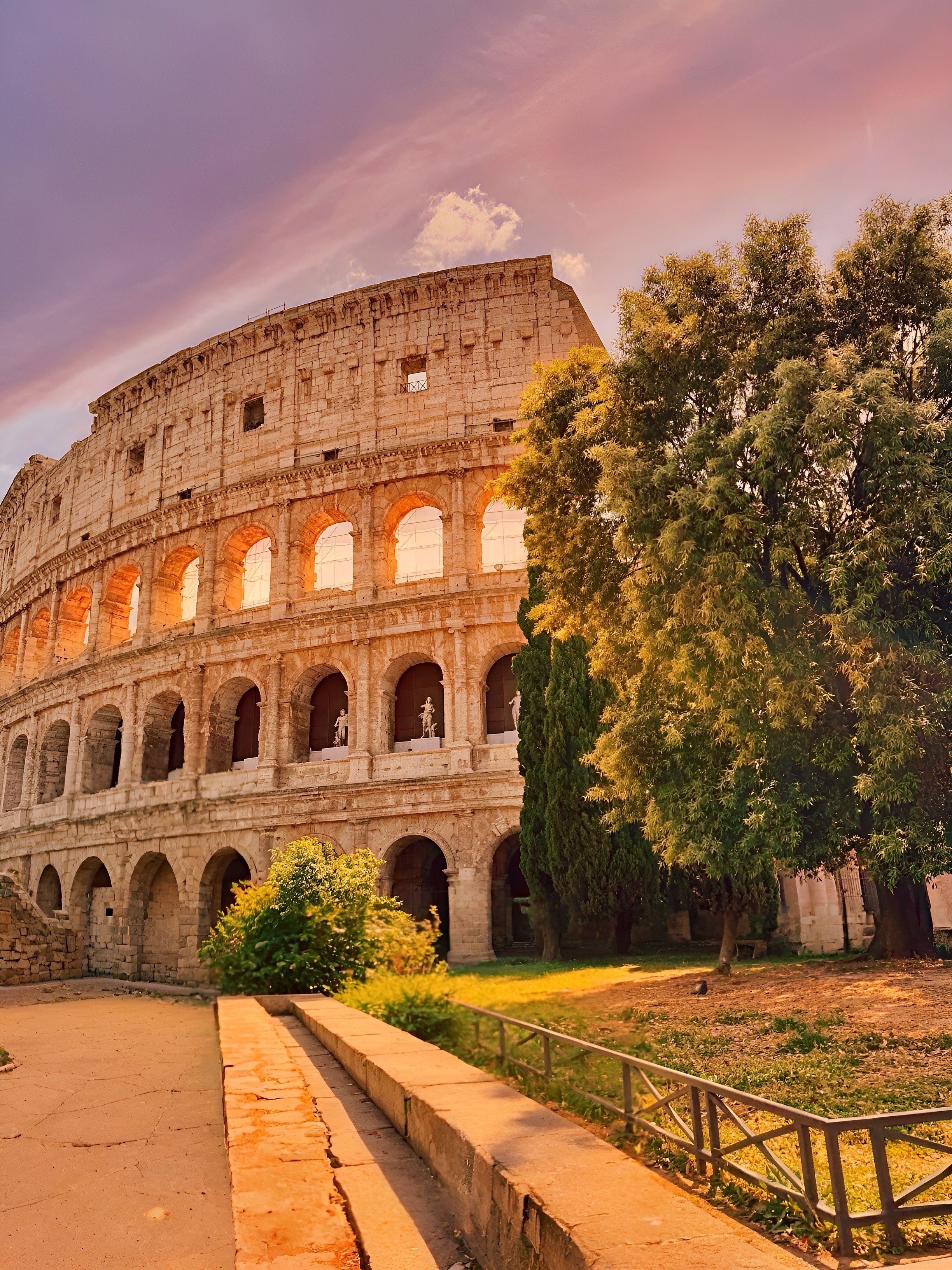Stories are the invisible threads that tie us to our past, present, and future. They shape our understanding of the world and, in many ways, define who we are. Think about it: from the bedtime tales that lulled us to sleep as children to the gripping novels that keep us turning pages late into the night, stories have a way of getting under our skin and sticking with us. But why do they matter so much?
For starters, stories are how we make sense of the world. Imagine trying to understand human emotions, historical events, or even complex social issues without narratives to guide us. It’s like trying to find your way through a maze without a map. Stories provide context and meaning, turning abstract ideas into something we can relate to. They allow us to step into someone else’s shoes, see through their eyes, and feel their feelings. And in doing so, they expand our empathy and understanding.
Take Harper Lee’s “To Kill a Mockingbird,” for example. It’s not just a story about a young girl in the South; it’s a profound exploration of racism, morality, and human decency. Through Scout’s eyes, we confront our own prejudices and reflect on the choices we make. This isn’t just entertainment; it’s a powerful tool for reflection and growth.
But stories aren’t just about serious themes and deep reflections. They’re also about connection. Remember the last time you bonded with someone over a shared love for a book or a character? Stories create communities and bring people together. They give us common ground and shared experiences, even if we’ve never met the other person face-to-face.
And then there’s the way stories fuel our imagination. They open up worlds we could never experience in our everyday lives. Think about J.K. Rowling’s “Harry Potter” series. Millions of readers found themselves not just entertained but completely immersed in a world of magic, friendship, and adventure. It sparked imaginations around the globe, inspiring fan fiction, artwork, and even new generations of writers.
Moreover, literature has the power to inspire change. George Orwell’s “1984” and Margaret Atwood’s “The Handmaid’s Tale” aren’t just dystopian tales; they’re cautionary stories that echo in today’s political climate. They challenge us to think critically about our world and the direction it’s heading. In many ways, literature acts as a mirror, reflecting our society back at us and urging us to take action.
In our fast-paced, digital world, it can be easy to overlook the impact of a good book. We’re bombarded with headlines, tweets, and sound bites that often lack depth and nuance. But literature offers something different. It invites us to slow down, ponder, and engage with complex ideas in a meaningful way.
So next time you pick up a book, remember you’re not just reading words on a page. You’re engaging with a piece of art that has the power to shape thoughts, alter perceptions, and even change the world. Isn’t that something worth cherishing?




